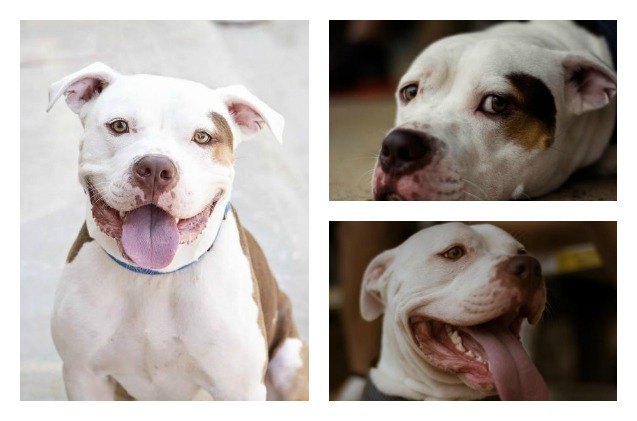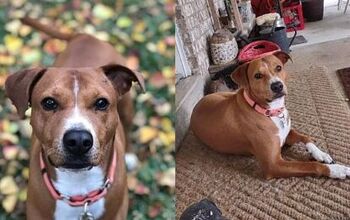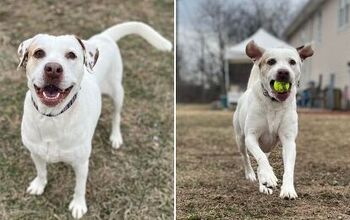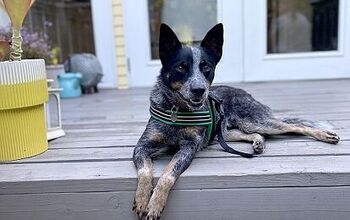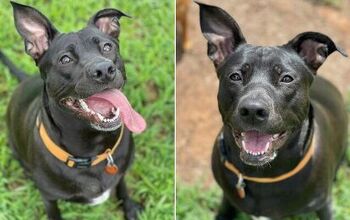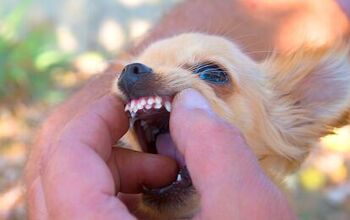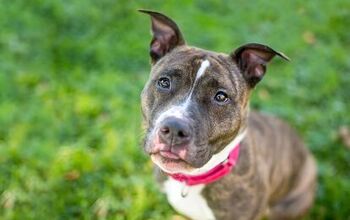Adoptable Dog Of The Week – CJ

With a ready smile and eyes that will melt any heart, CJ is the perfect pick for our Adoptable Dog of the Week. CJ is a 1-year-old male American Bulldog and Pitbull Terrier mix from Springfield, Missouri. He is already neutered, housetrained, up to date with shots, good with kids, good with dogs, and not good with cats.
Hi, I’m CJ, a 1-year-old male American Bulldog and Pitbull Terrier mix. I came to Rescue One because my family could no longer care for me. They already had a dog when I moved in and we ended up not getting along because we both are what some would call “leaders of the pack.” Even though things didn’t work out, I still want a doggie playmate in my new forever home! I get along great with more submissive, or follower, dogs! And I am also great with kids and my new family should have one or two of them, according to my foster mom. One thing I could do without in my new home is cats! Who needs them anyway? Not me! I am house trained, know basic commands, have lots of energy for playing, and I’m even super handsome! What’s not to love? If you want a great dog to bring home to your family, I’m ready!
To learn more about adopting CJ, please contact Rescue One.

Amy Tokic, Editor of PetGuide.com, is a passionate animal lover and proud pet parent of Oscar, a Shih Tzu/Chihuahua cross, and Zed, a Japanese Chin. Her love of animals began in kindergarten, when she brought her stuffed dog Snoopy into class with her every day. Now, she writes about her adventures in pet ownership and tirelessly researches products, news and health related issues she can share with other animal enthusiasts. In her free time, Amy loves perusing used book and record stores, obsessing over the latest pet products available and chasing squirrels with wild abandon (a habit attributed to spending too much time with her pooches).
More by Amy Tokic



